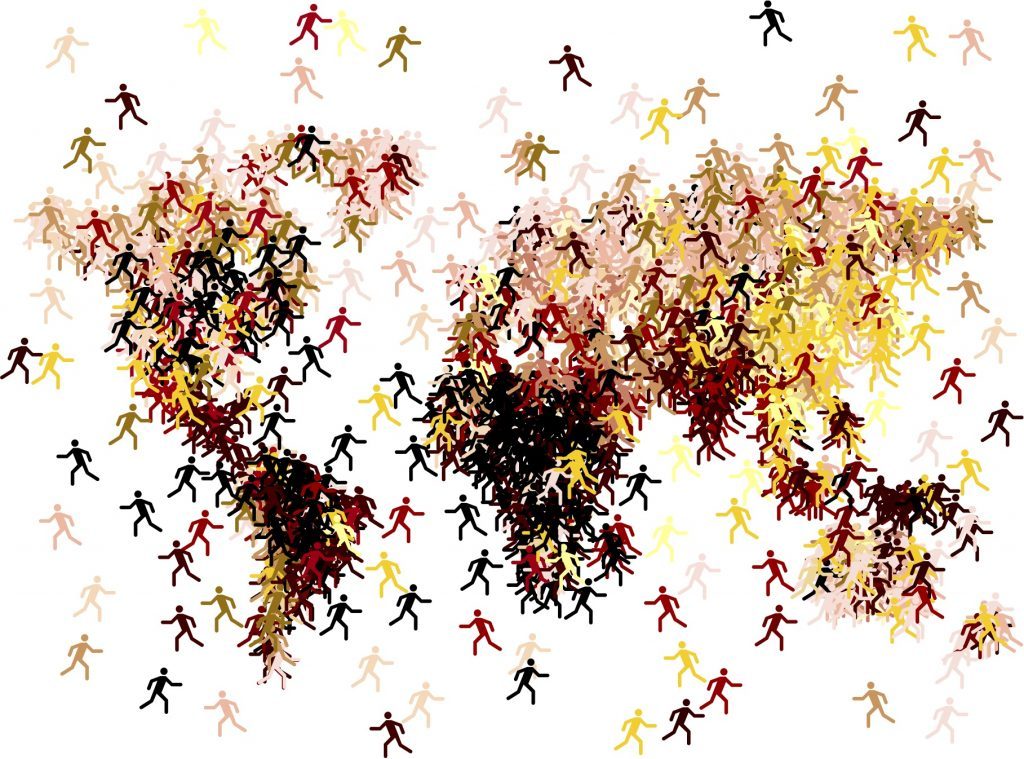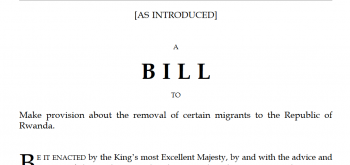In a landmark case, the high court has ruled that thousands of victims of trafficking currently in ‘legal limbo’ should be granted leave to remain in the UK. Mr Justice Linden, in his judgment of the case, found the government’s modern slavery policy at odds with its obligations under the European Convention on Action against Trafficking.
The claimant in these proceedings, referred to as ‘KTT’, is a Vietnamese national. For six months in 2016 she had been forced to work as a prostitute in Vinh City before being brought to England by people traffickers in November that year. According to Mr Justice Linden, her journey took her through various countries ‘where she was also forced to work as a prostitute and, for a period of approximately 21 months after her arrival here, she was subjected to further forced labour including as a prostitute and on cannabis farms’. In April 2018 a positive reasonable grounds decision was made under the government’s national referral mechanism procedure 18 months later the Home Office accepted that she was ‘a victim of modern slavery in Vietnam, Russia, Ukraine, unconfirmed countries, France and the UK during 2015-2018 for the specific purposes of sexual exploitation, forced labour forced criminality’.
KTT had ‘significant mental health issues’ as a result of her experiences of being trafficked, including ‘post traumatic stress disorder, anxiety and depressive disorder for which she takes anti-psychotic and anti-depressant medication’.’The effect of the refusal to grant the claimant leave is that she is subject to the so-called hostile immigration environment underpinned by the Immigration Act 2014,’ the judge said.
The ruling passed down yesterday means that victims of trafficking who have asked for leave to remain in the UK are to be granted it en masse – this should apply to thousands of recognised victims of trafficking currently in the UK. Prior to the ruling, victims of trafficking faced being sent back to countries where they could be at risk of being re-trafficked. As a resultant, when they lodged asylum claims, their lives were essentially placed on hold and unable to work, claim benefits or study.
KTT’s legal team highlighted that she has significant mental health issues due to her experiences of being trafficked, and her insecure immigration status is contributing to the issues with her mental health. Duncan Lewis, the solicitors representing the claimant, detailed in a letter that the ‘lack of certainty surrounding her immigration status is preventing her from accessing all required treatment, from benefitting from the treatment that she is accessing, and is causing her continued suffering.’
Ahmed Aydeed of Duncan Lewis told the Guardian: ‘We’re glad our client, and other survivors of trafficking, will no longer be left to live in this half-world, this legal limbo that has stripped them of their dignity and exposed them to further exploitation.’
‘Recovery is a vital form of relief for survivors of trafficking, and this will go a long way to assist victims in their physical, psychological and social recovery. Our client and other survivors will finally have access to education, training and they’ll finally have the right to work. Not only will this assist survivors of trafficking but it will also provide a direct financial benefit to the public purse,’ Aydeed continued







